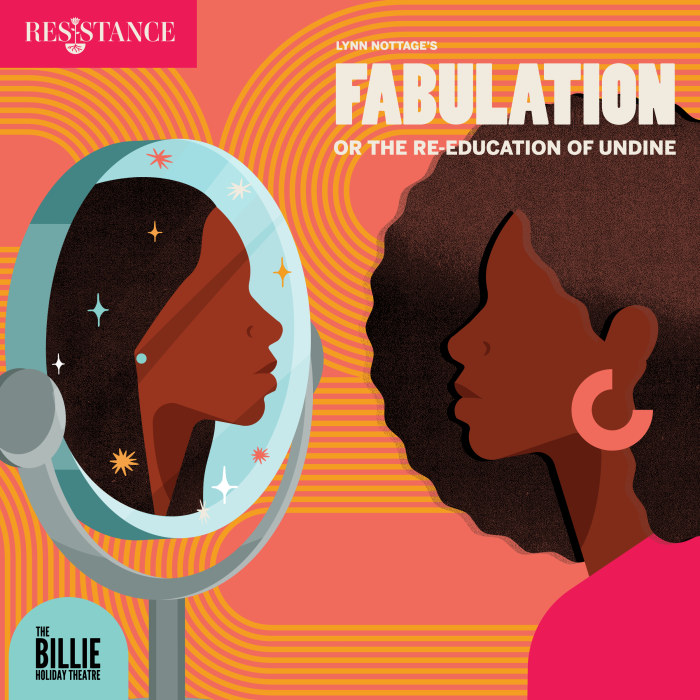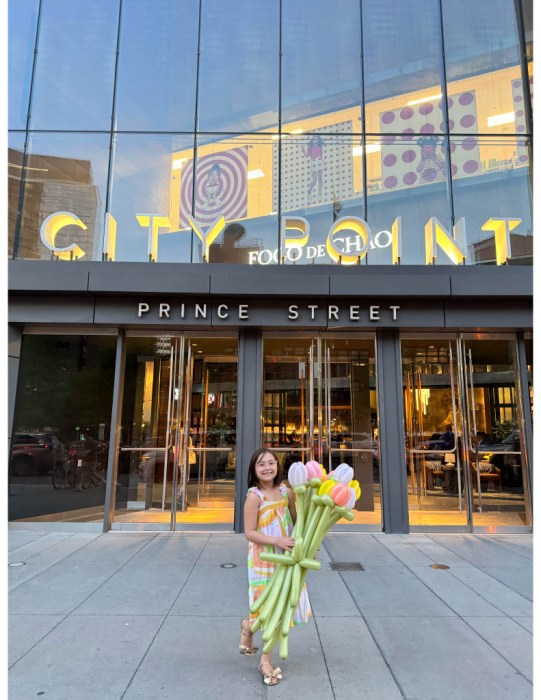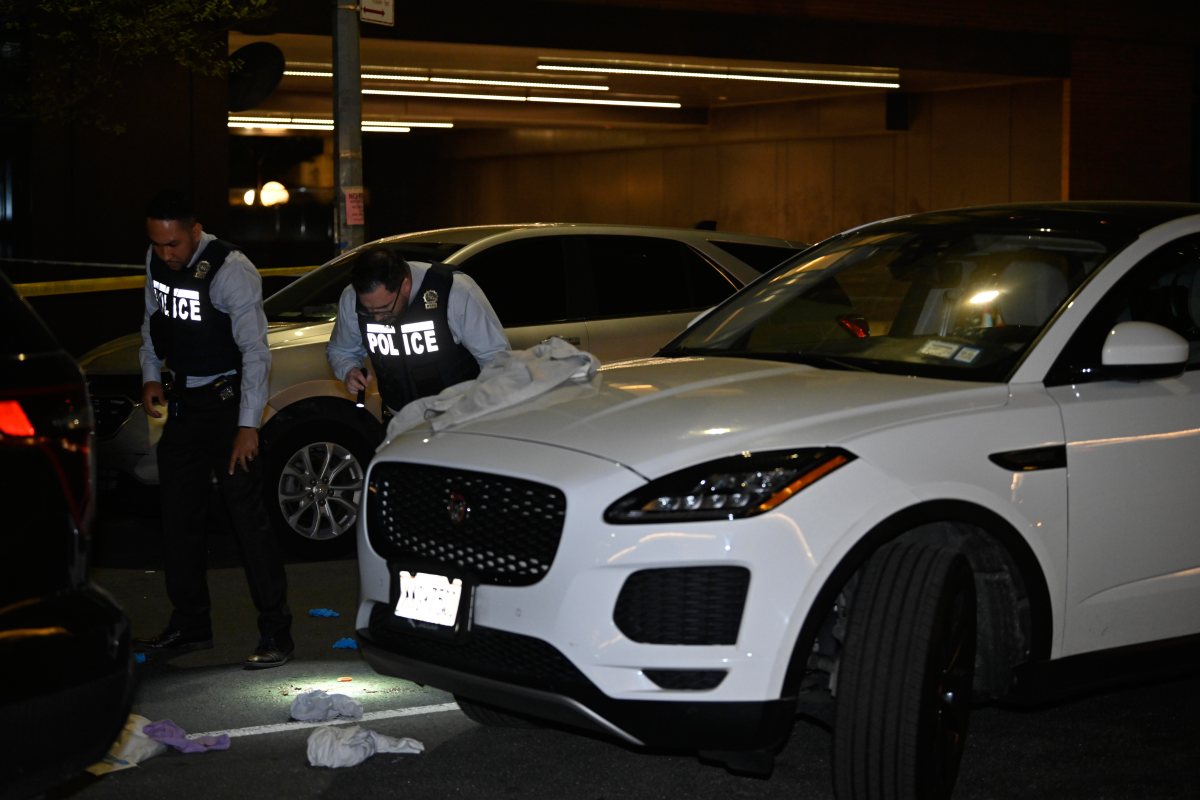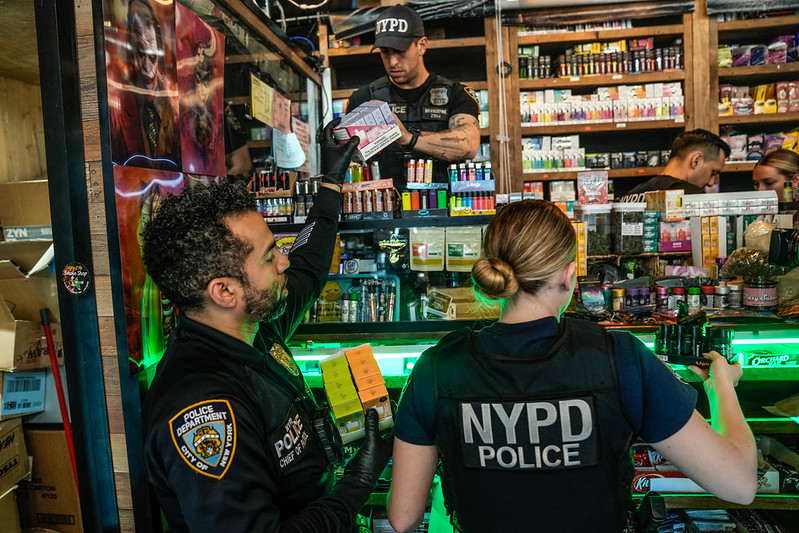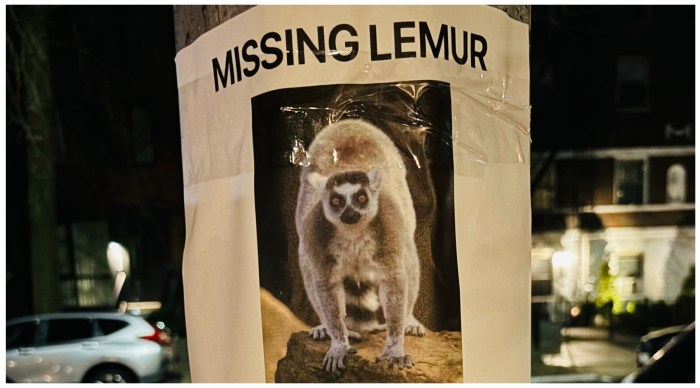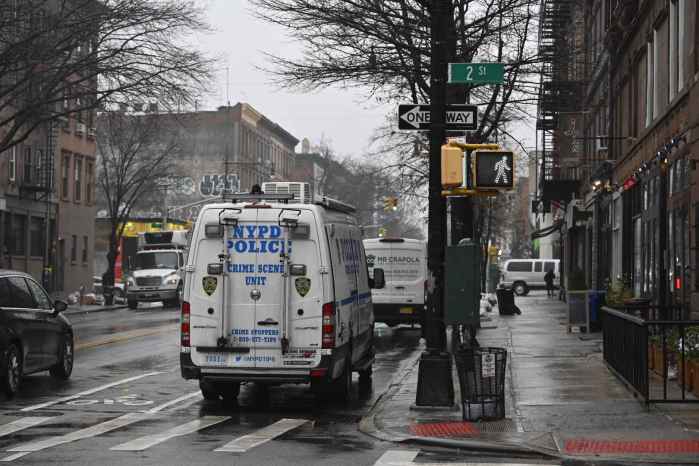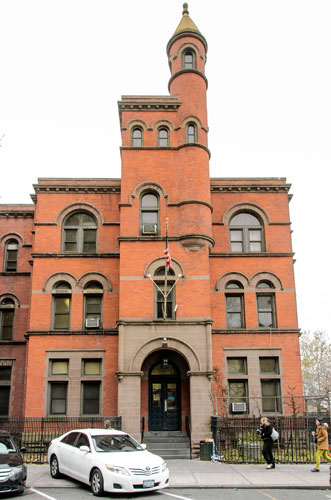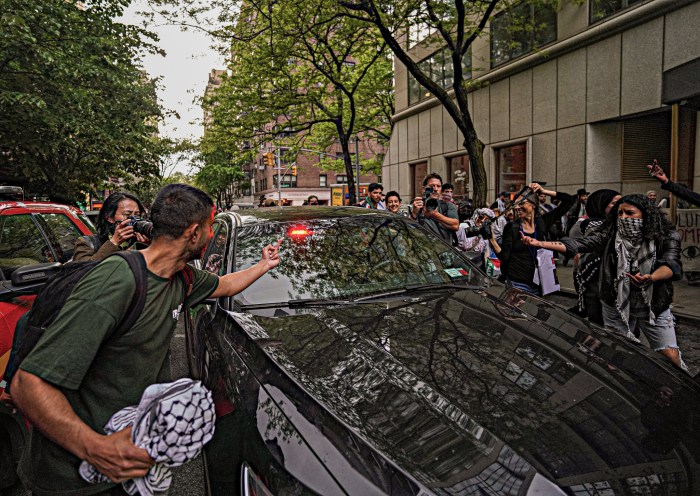A sizeable number of merchants along Fulton Street in Fort Greene and Clinton Hill is revolting against new city tax that would fund enhanced sanitation, policing and other basic city services.
The tax would finance a new Business Improvement District, one of 60 quasi-public entities now operating in the five boroughs. Taxes on business owners within the so-called “BIDs” raise $80 million — on top of the taxes already taking a bite out of Mom and Pop.
We’re not naive as to why BIDs were created two decades ago. The city was not — and, indeed, is still not — doing a good enough job providing sanitation and security along some of our busiest commercial strips. With the city abrogating these most basic of services, business owners jumped into the breach, taxing themselves to make up for the failure of our elected leaders to ensure clean and safe streets.
There is often grumbling from some merchants when the formation of a new BID is in discussion. Many business owners think it’s galling to pay a second tax on top of their existing taxes to get something that the city is supposed to provide. And others point out that BIDs operate with limited oversight and sometimes at cross purposes to other BIDs nearby.
In the case of Fulton Street, another issue is arising in the debate. The anti-BID merchants argue that a BID’s cleaner and safer streets actually speed the gentrification process. When neighborhoods become more desirable places to live, this argument goes, property values rise and the original merchants and residents are driven out. In a sense, the business owners forming a BID would actually be paying to speed their own demise.
But gentrification is not the villain here. If there is any constant in New York City, it is change. The city’s ability to retain its middle- and upper-middle class over the past 20 years means that, instead of fleeing to the sterile suburbs, these residents now make their homes, pay their taxes, send their kids to schools, eat in restaurants and shop at stores in communities all over Brooklyn.
This is a good thing.
But we agree with the BID renegades on the issue of who should pay to keep our neighborhoods clean, safe and vibrant. To us, this is solely a city responsibility. We all pay taxes here — and no community should be so neglected that its merchants must scrape together more money to meet what has always been a city responsibility.
It’s time for City Hall to stop double-taxing local merchants and start providing the services necessary to allow businesses to succeed.




